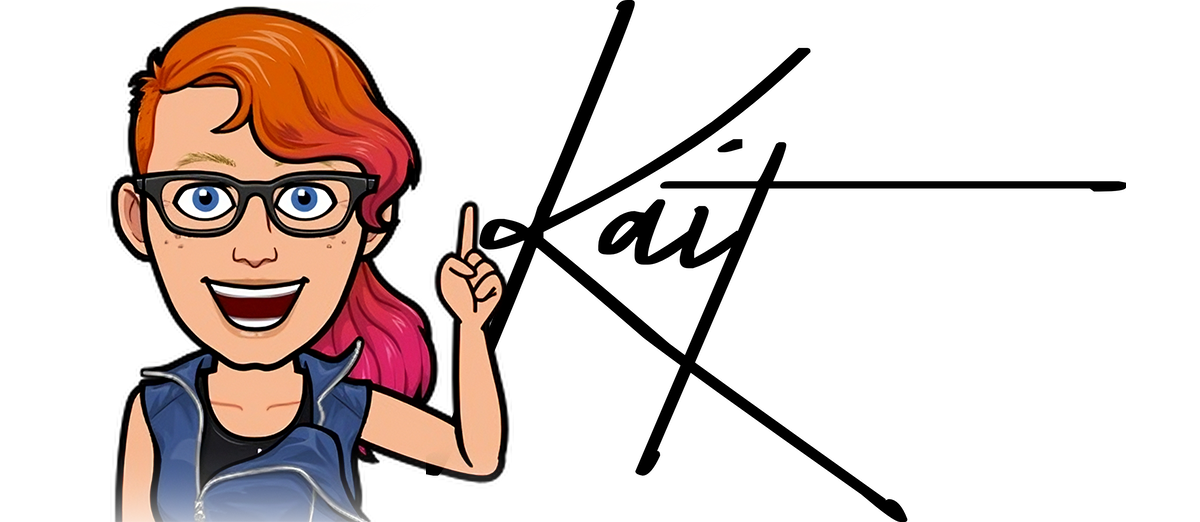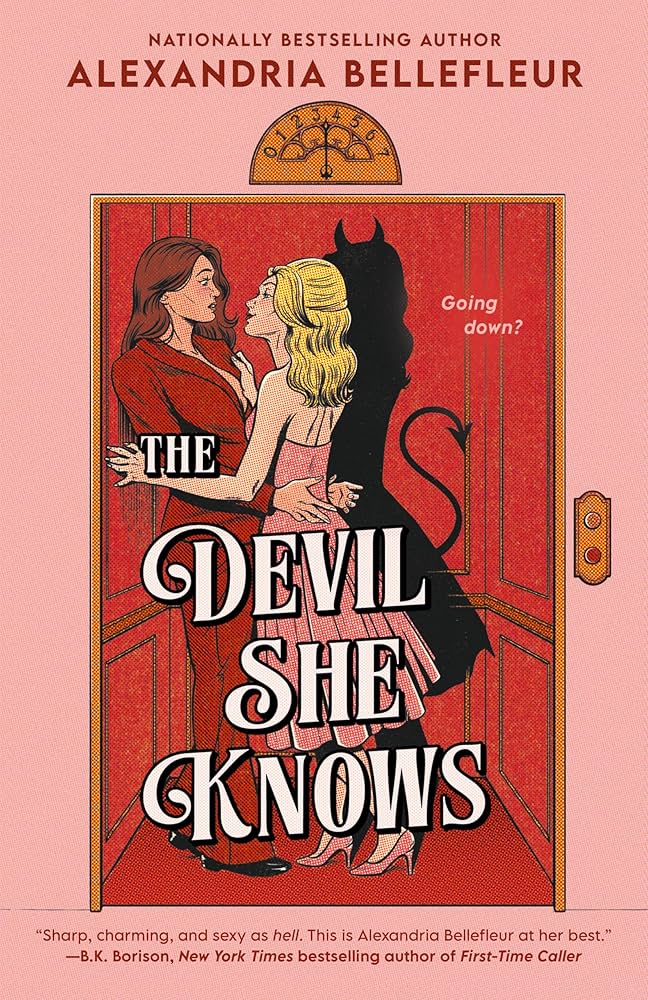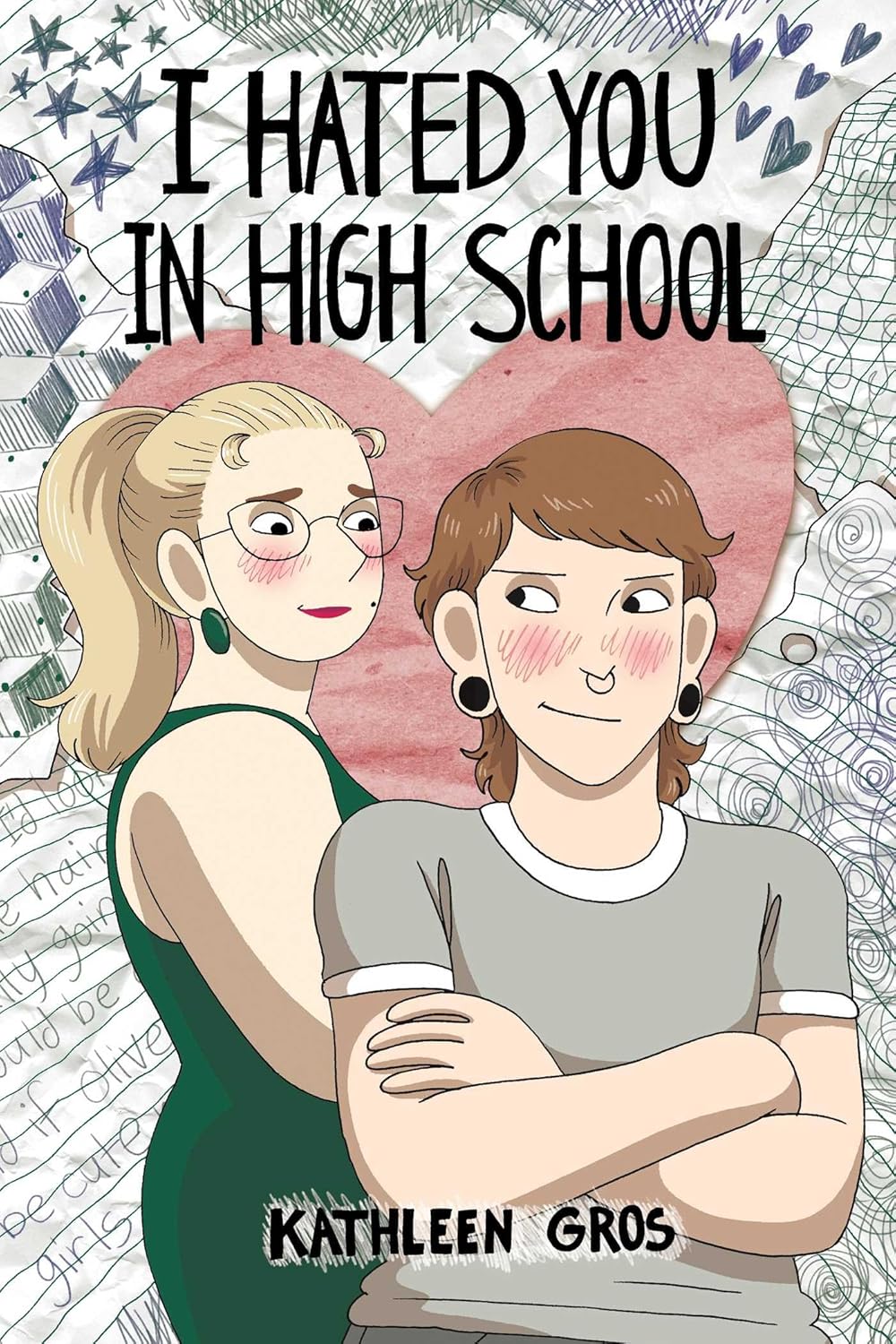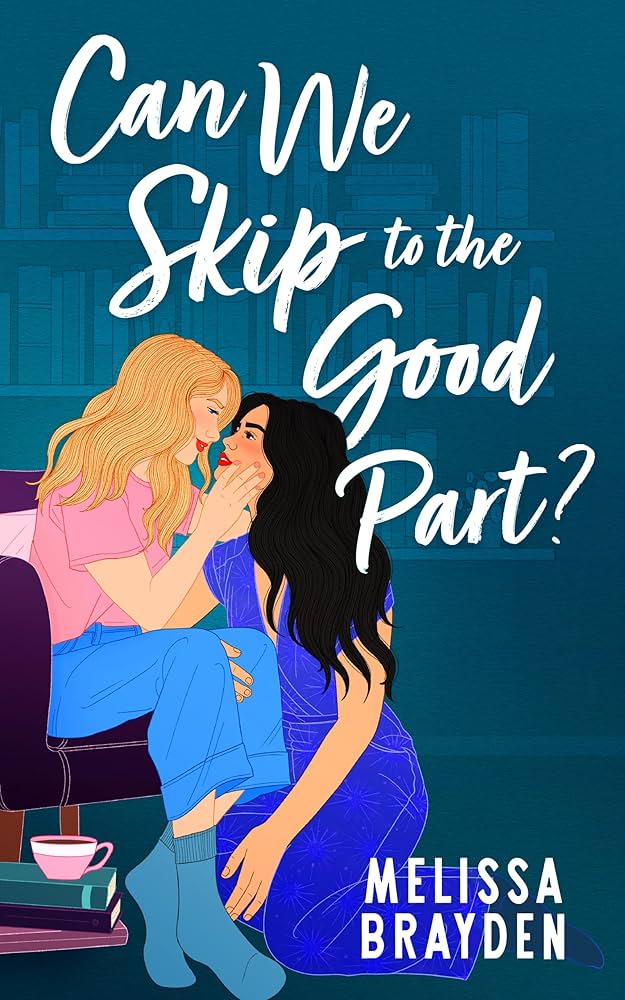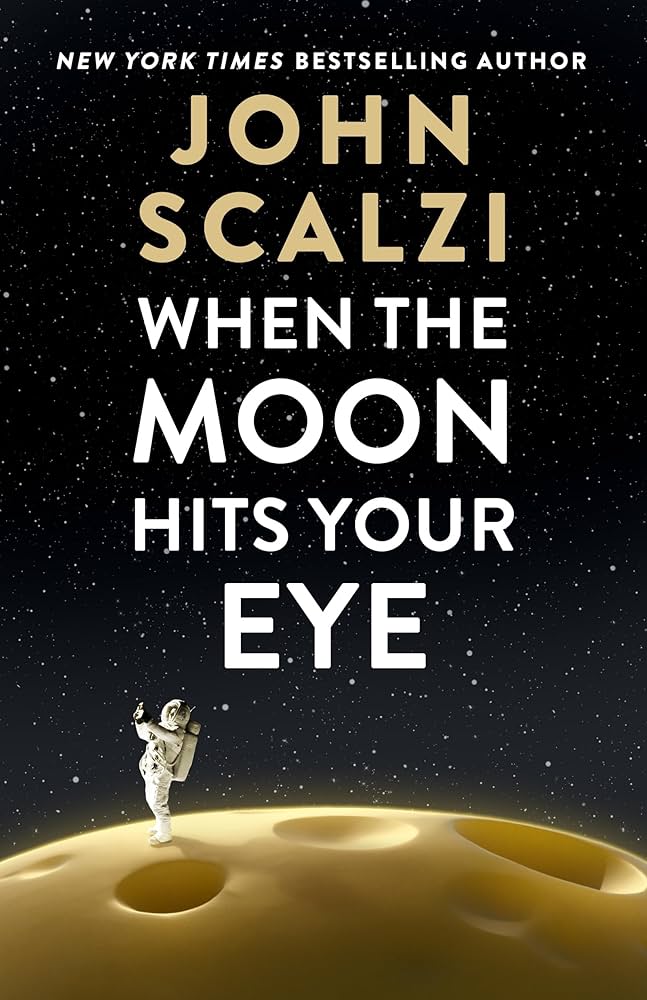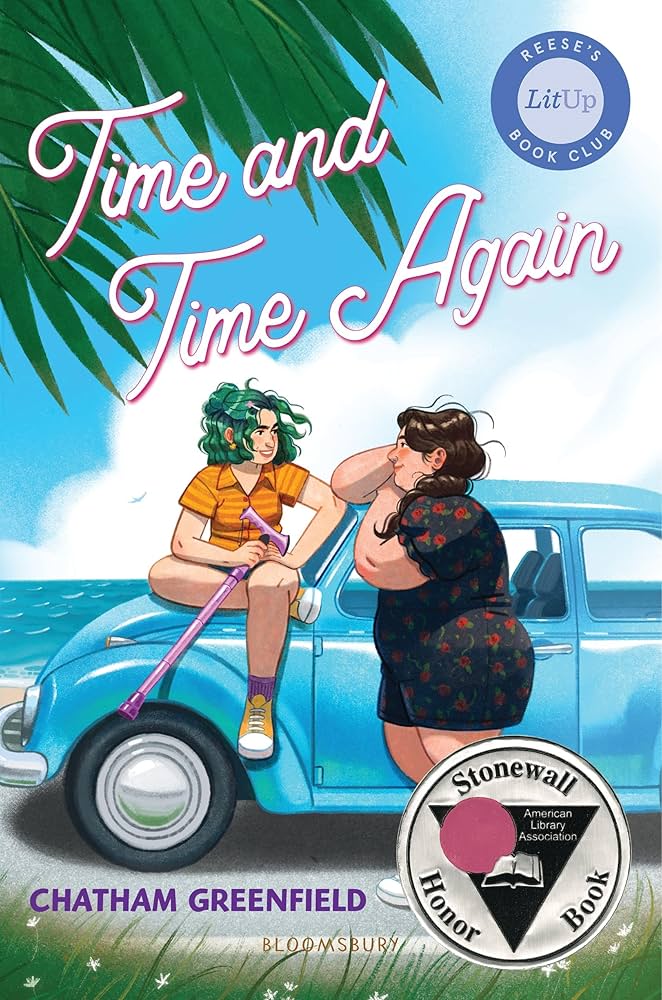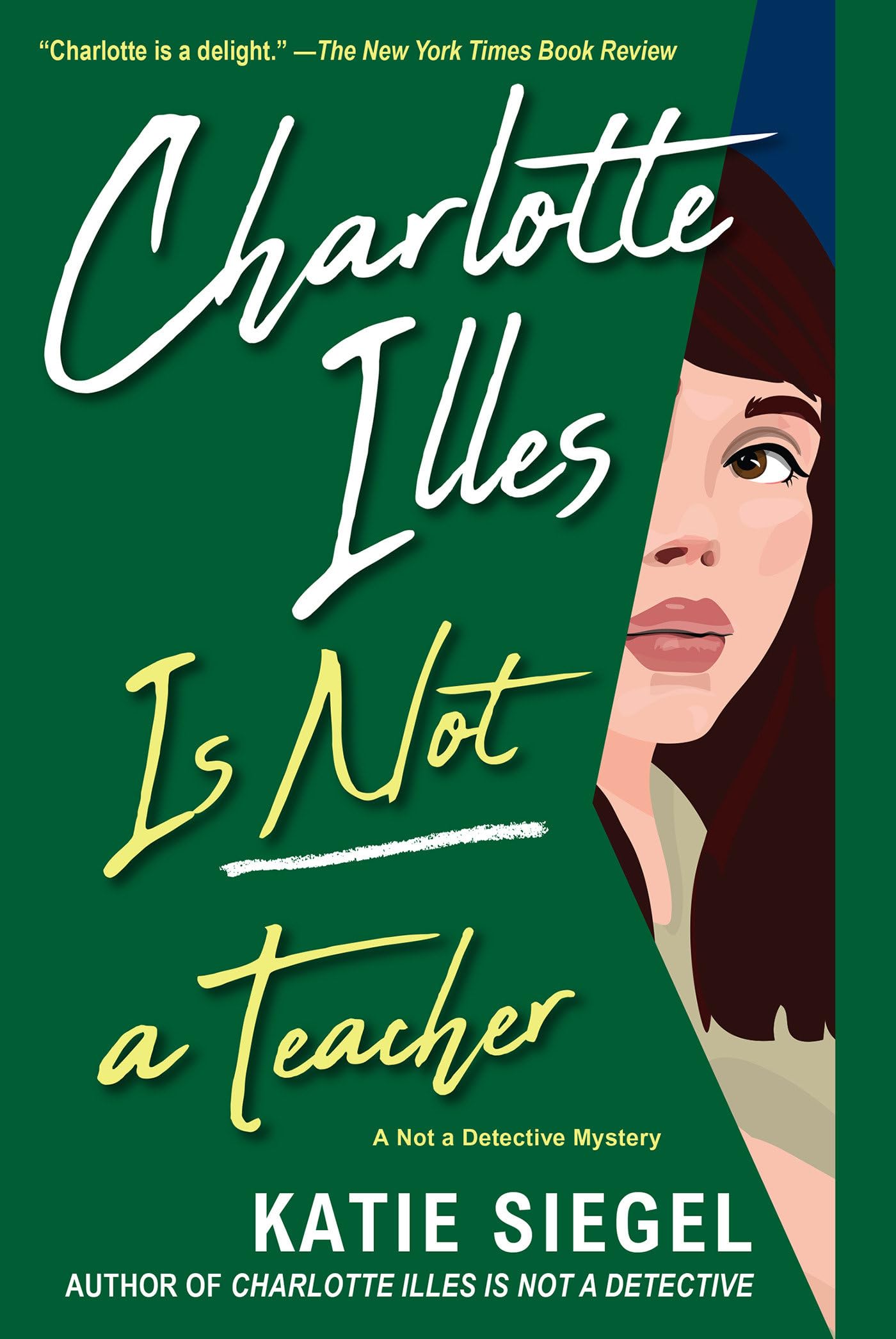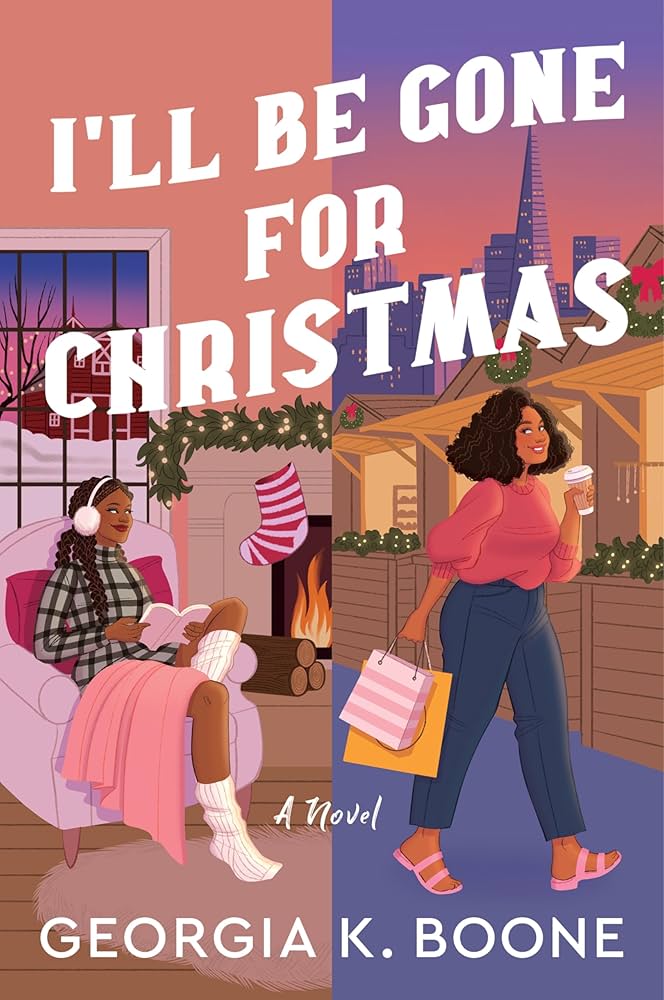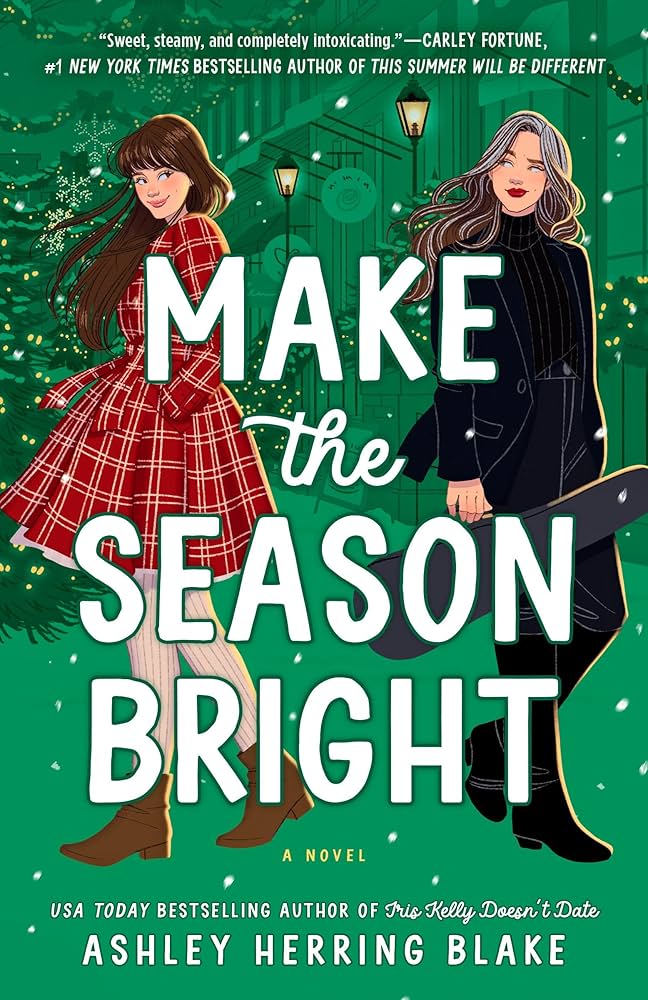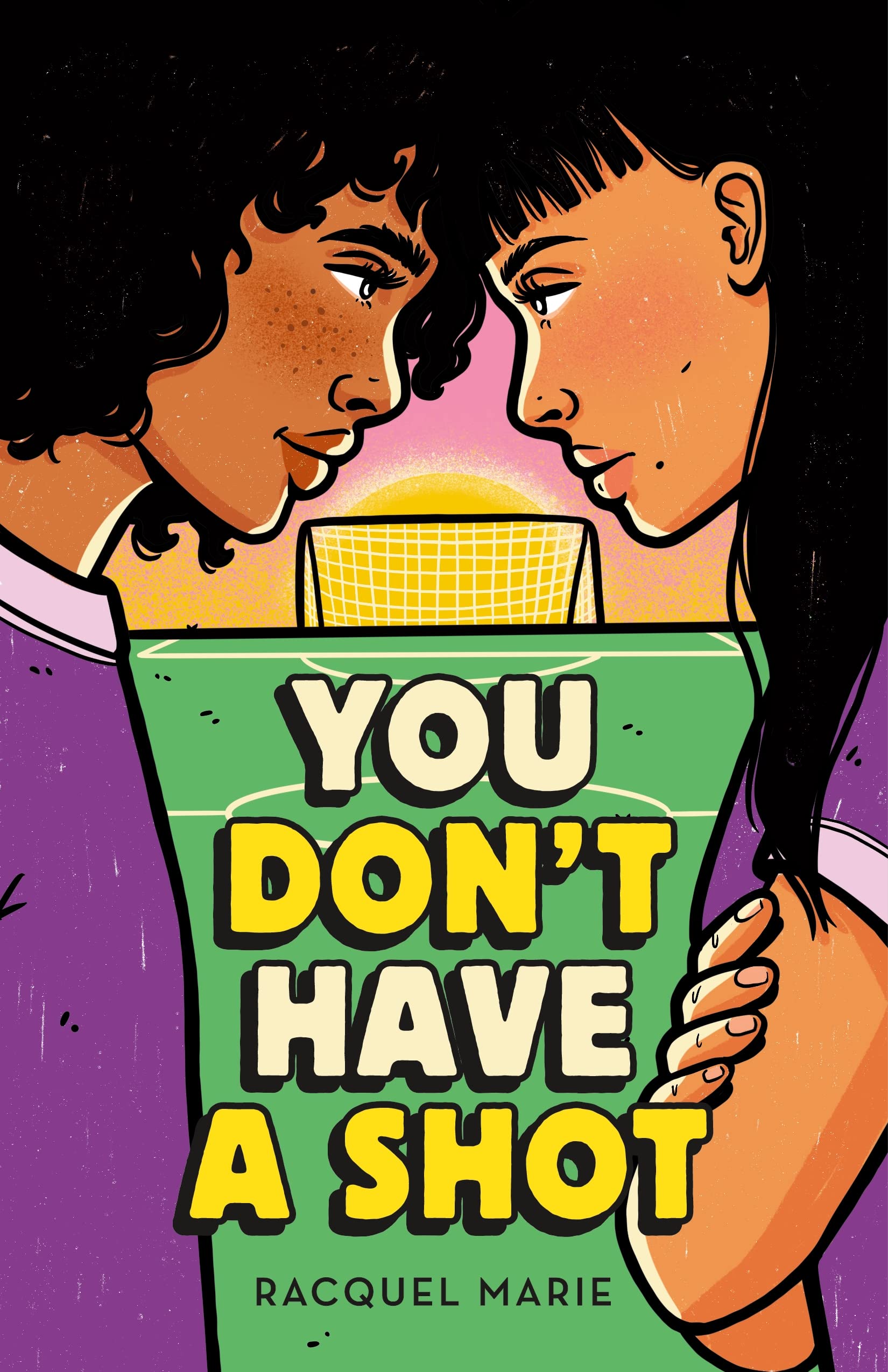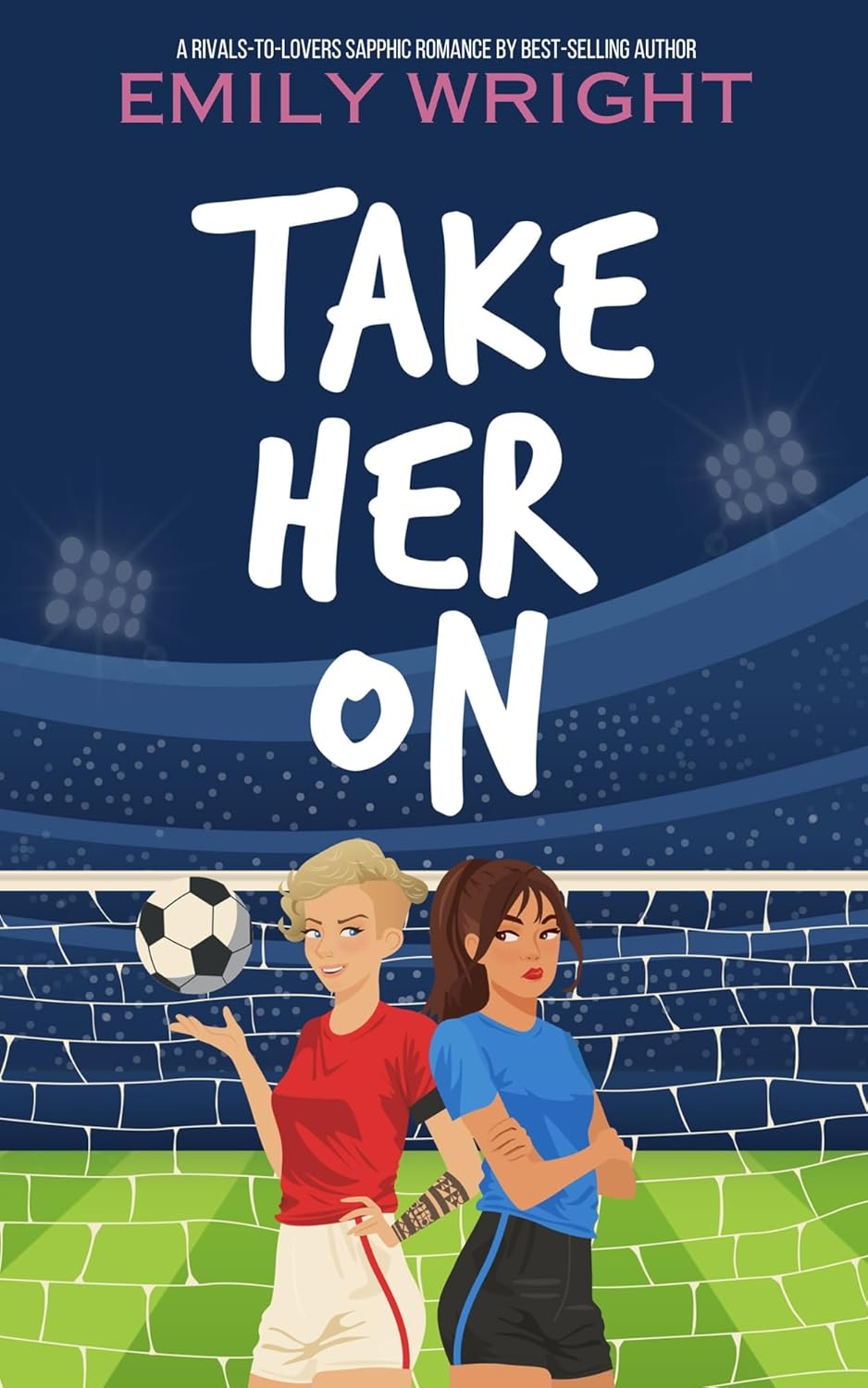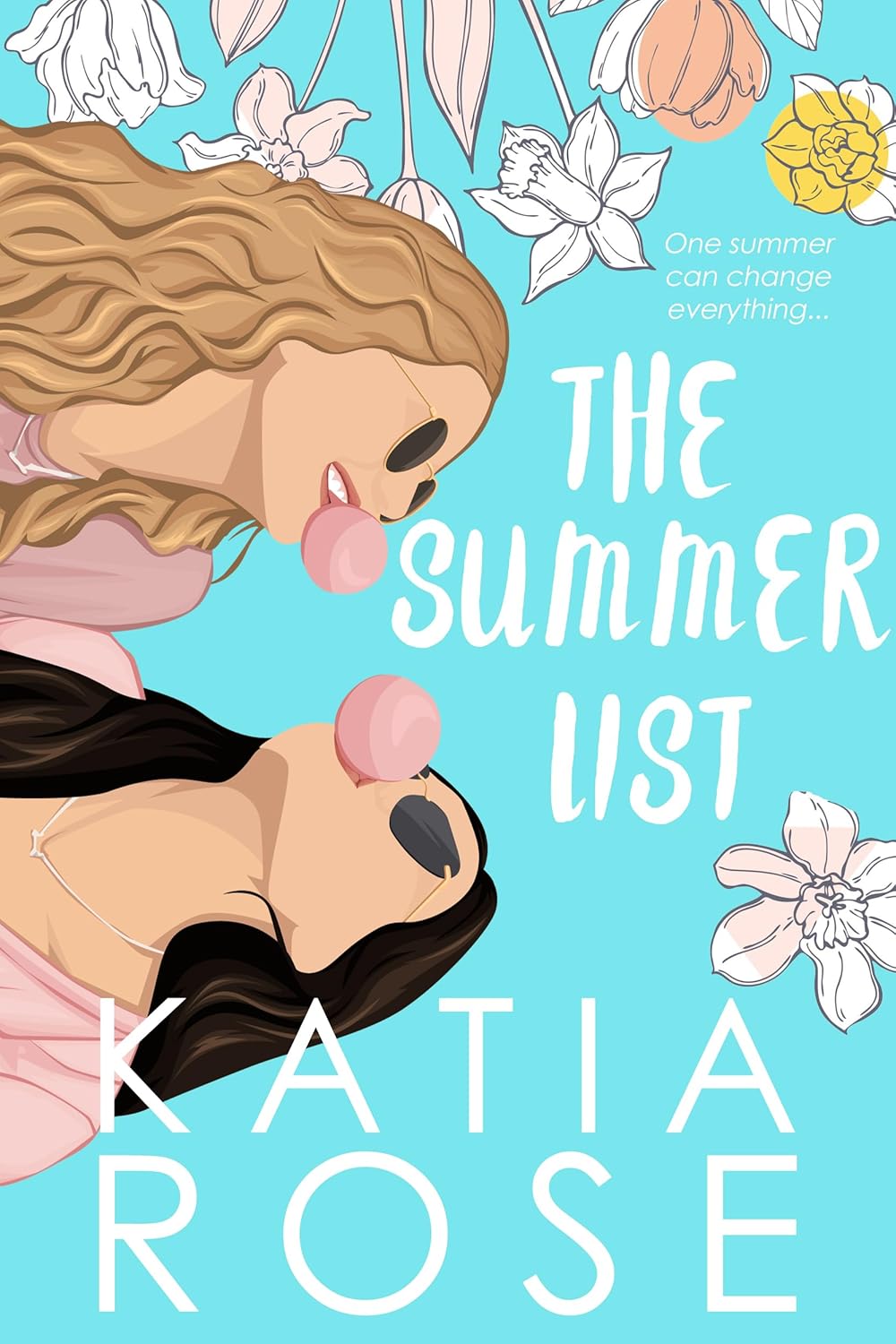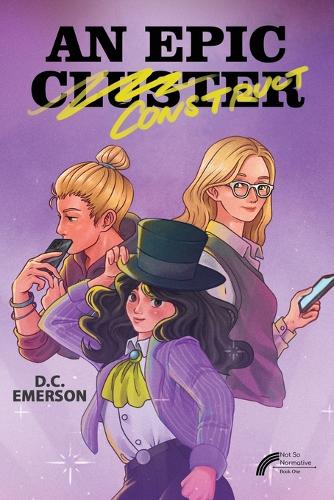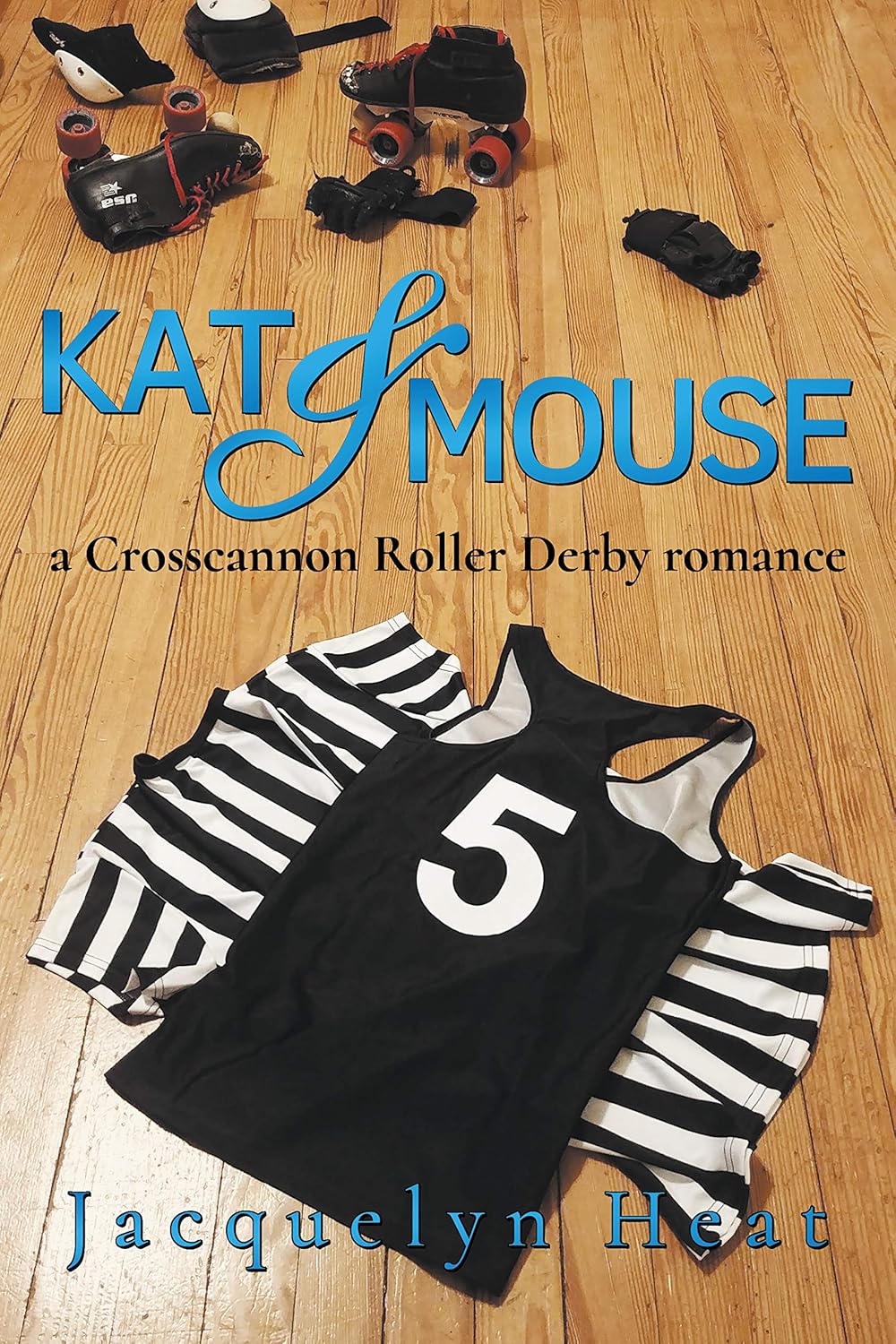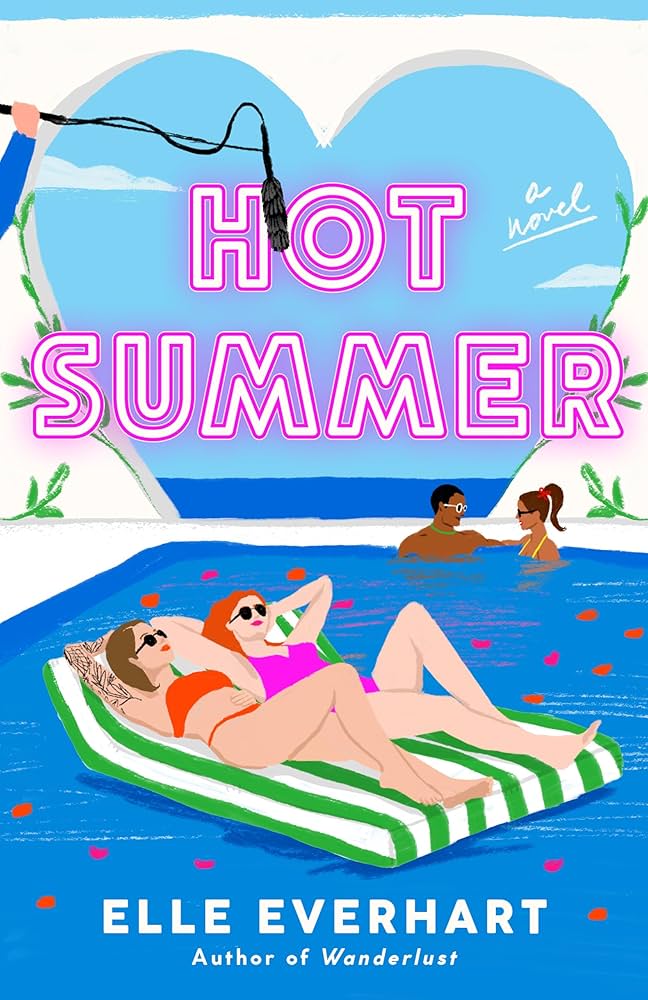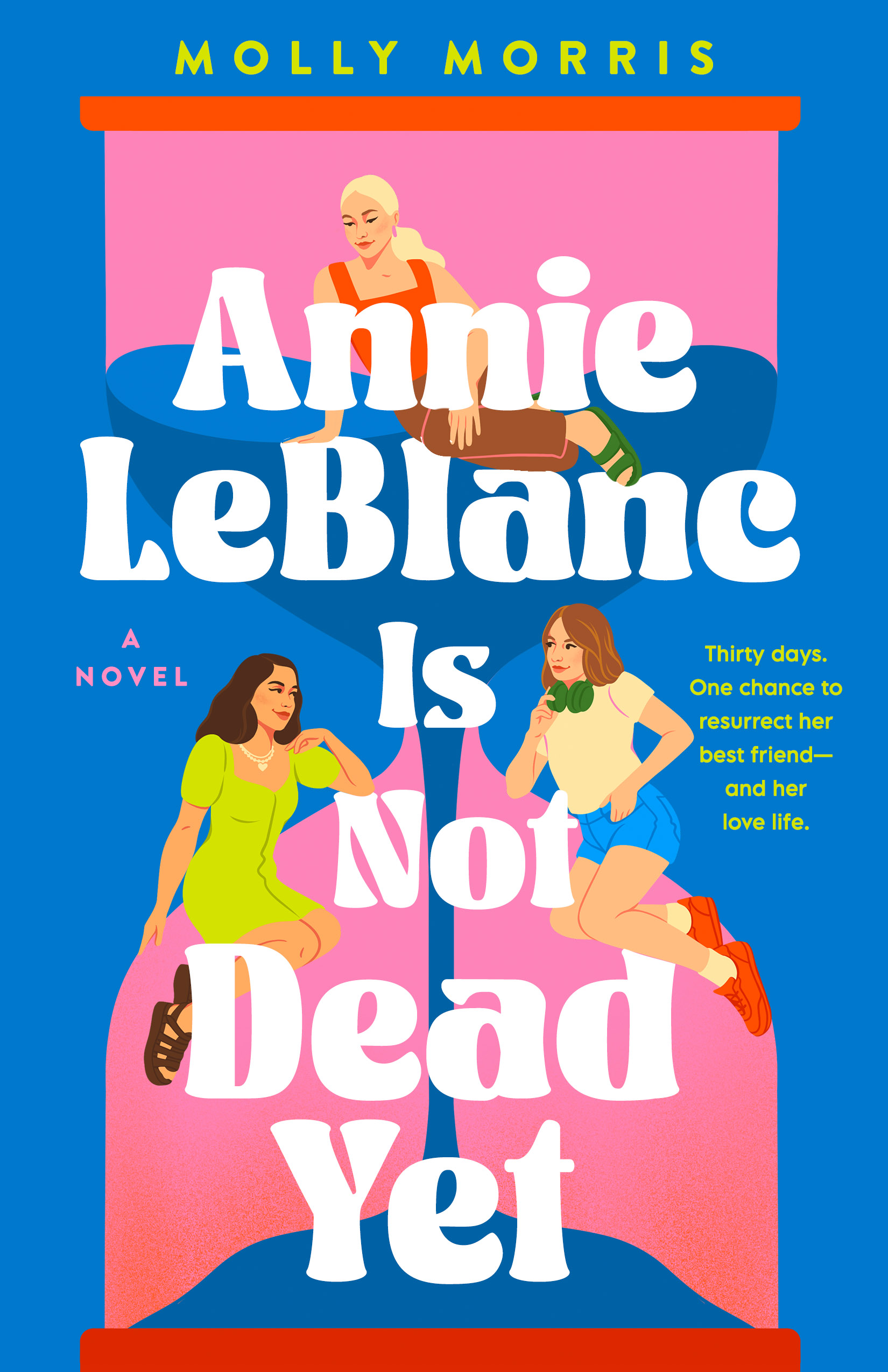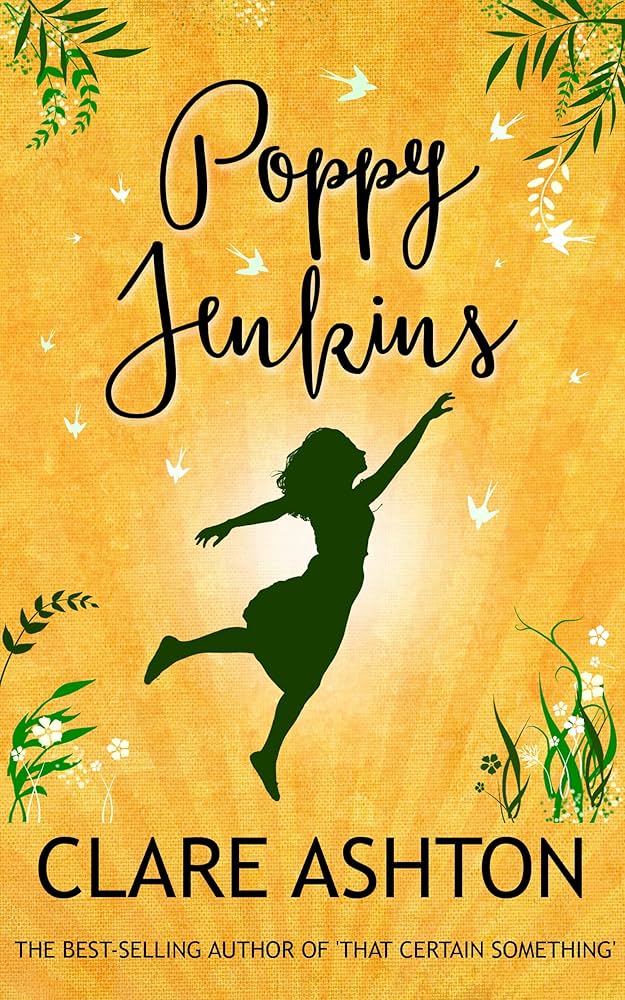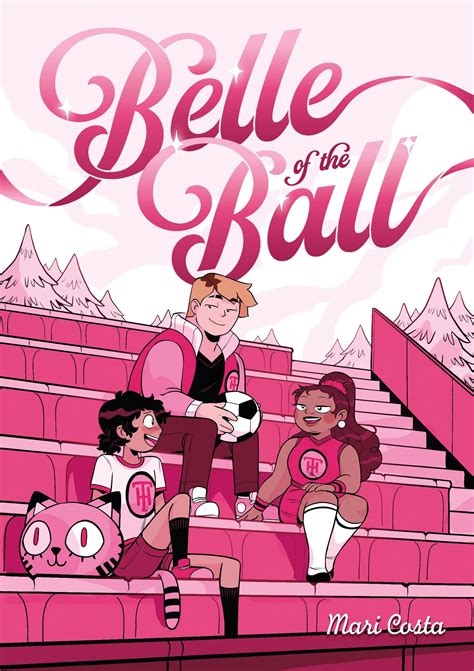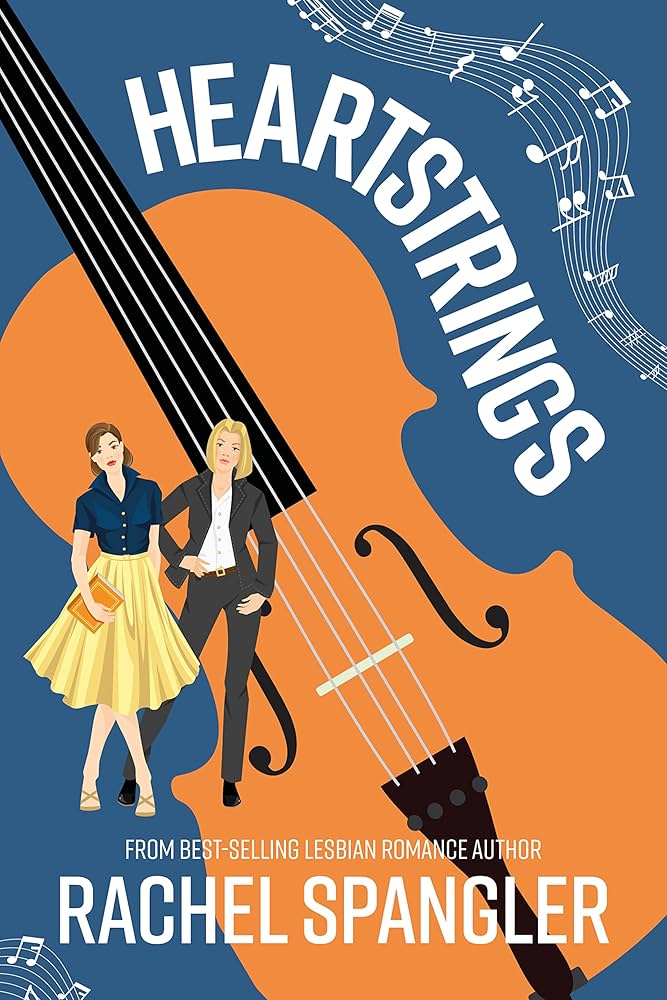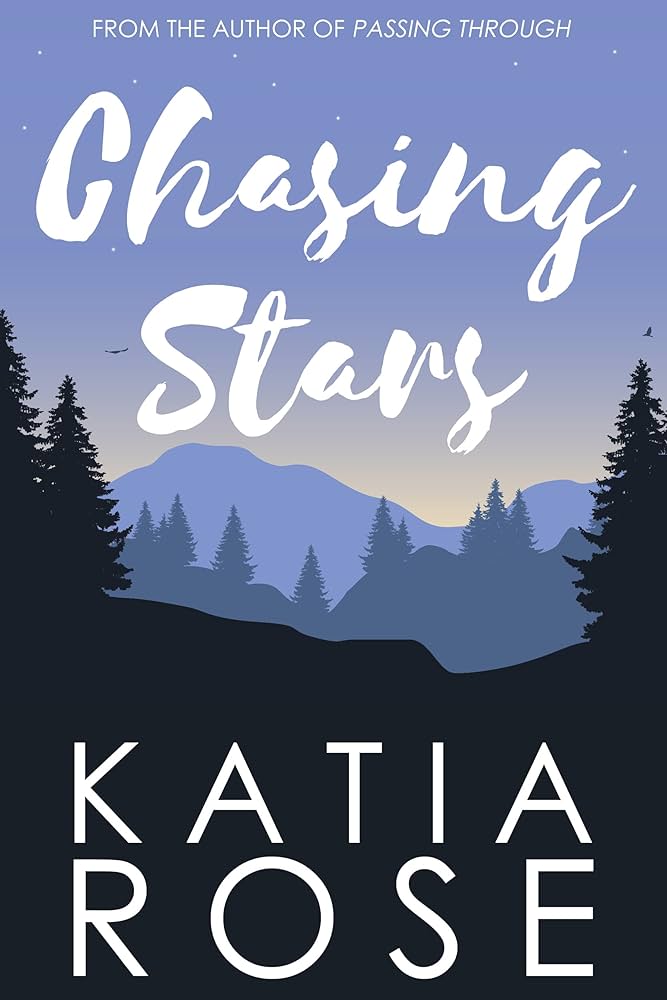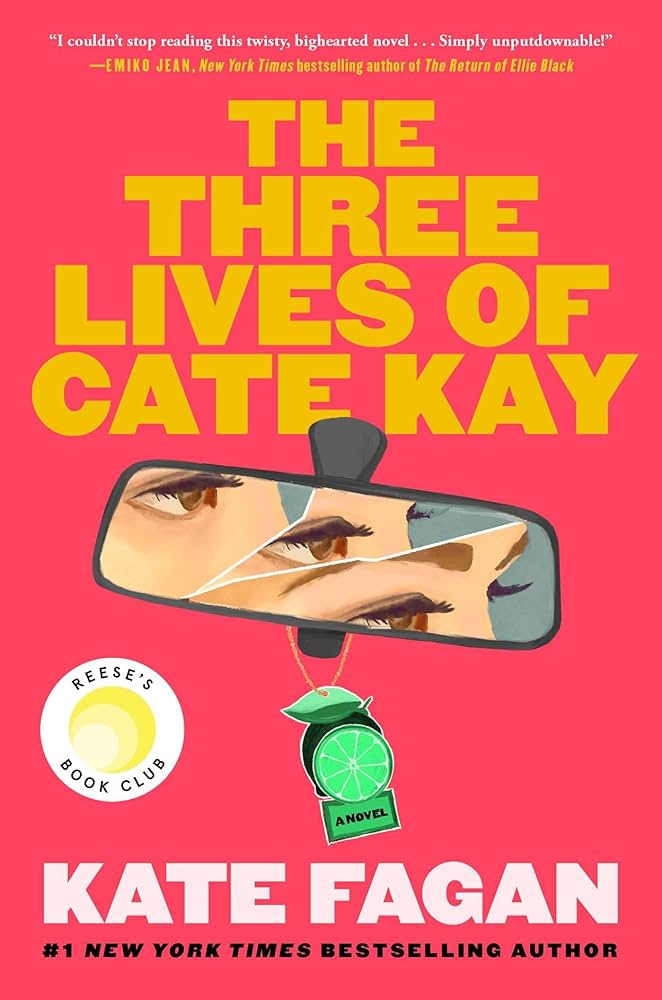
The Three Lives of Cate Kay
by Kate Fagan
Must Read
I implore you to violently ignore the synopsis below. It's so ... wholly inadequate to what this book holds, it honestly makes me want to scream a little bit.
All books that resonate with me do so because I can see myself in them, in some way. This is why I tend to be drawn to autistic characters – that small delight of Hey, I do that!, the delightful little gasp of representation.
But I probably go overboard, too? As anyone who interacts with me can attest, when I hit the "all is lost" dip of most modern romances, I will become broody and irritated. I inhabit the books I read, somewhat unhealthily so at times, and I find myself almost sad sometimes to come out of it when everything magically resolves itself.
Then I read something like The Three Lives of Cate Kay, and I walk around feeling like I have a javelin jutting out of my stomach - painful, to be sure, but also just constantly, irritatingly In the way of what I'm trying to do. Knocking over the bottle of water I want to drink (that would probably just burble out again anyway), a minor annoyance on top of a gaping, possibly mortal hole in my torso.
This book was infuriating! I employ no subtlety in my dislike of writers writing about writing, the "cheat code" because you know I love books because I'm reading a book. And yet! While I didn't find the excerpted passages of the book-within-the-book particularly inspriing, I for the first time found some compassion in it? Because the reason Cate Kay is an author is because of how she relates to books, how it feels to read them and the joy from writing.
Hell, by my own measure I'm cheating just by writing book reviews, because if you're reading this you probably like reading too, right?
This book is difficult. It is not a standard romance - barely romance at all, really. It's a love story, though, a beatiful, damaged, tragic and not inspiring but fucking wholesome love story. It's love as it's lived, rather than love as it's imagined on the page.
I'm not going to bother to try to recap the plot, as it's too intricate to try to contain concisely. It's written as a joint memoir, a Rashomon look at various pivotal sections of the author's life through the people who were involved. They're all fully human characters, by equal traits amazing and yet still as flawed as the rest of us. Each one felt like someone I could run into on the street or perhaps punch in the face, as the situation warranted.
I don't think you're going to react to this book the same way I did. But I think it might get you, maybe in a similar way or on a wholly different wavelength. And if it doesn't, I hope you find something that does. This is art at it's finest - communicating a feeling – no, broadcasting a feeling, that may resonate far beyond after the last page has been turned over.
Synopsis
Cate Kay knows how to craft a story. As the creator of a bestselling book trilogy that struck box office gold as a film series, she’s one of the most successful authors of her generation. The thing is, Cate Kay doesn’t really exist. She’s never attended author events or granted any interviews. Her real identity had been a closely guarded secret, until now. As a young adult, she and her best friend Amanda dreamed of escaping their difficult homes and moving to California to become movie stars. But the day before their grand adventure, a tragedy shattered their dreams and Cate has been on the run ever since, taking on different names and charting a new future. But after a shocking revelation, Cate understands that returning home is the only way she’ll be a whole person again.
